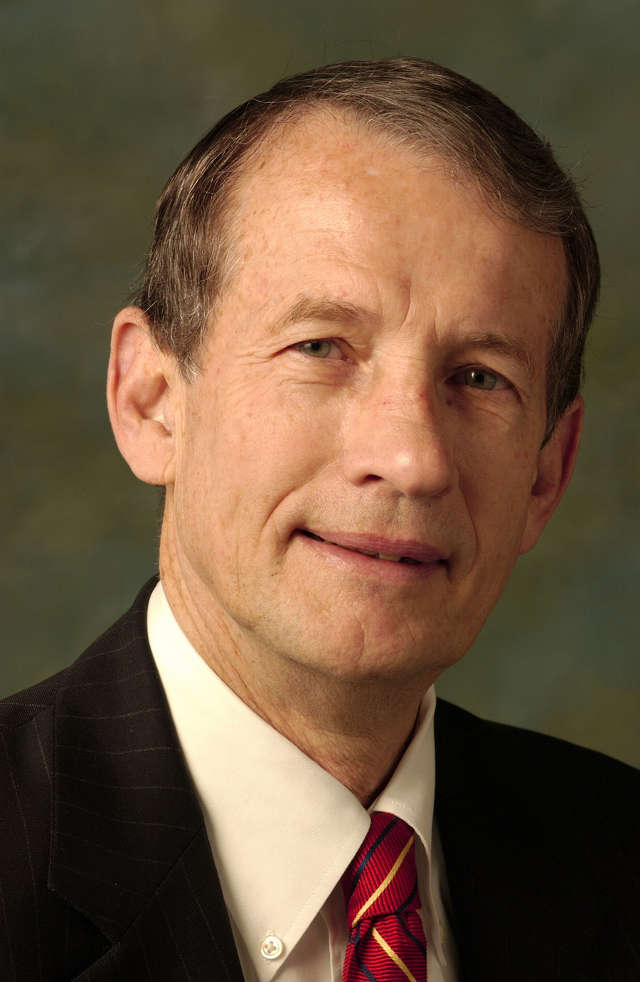Jakarta Open Forum: Washington Political Perspectives on the Trans-Pacific Partnership (TPP)

Prof. Gary Clyde Hufbauer Reginald Jones Senior Fellow, Peterson Institute for International Economics Former Deputy Assistant Secretary, U.S. Treasury for International Trade and Investment Policy (1977-79)
Mr. James Carouso Counselor for Economic Affairs U.S. Embassy Jakarta
The 16th round of the Trans-Pacific Partnership (TPP) negotiations was held last month in Singapore and the 17th round is set for May 15-24 in Peru. These negotiations bring together Australia, Brunei, Canada, Chile, Malaysia, Mexico, New Zealand, Peru, Singapore, the United States, and Vietnam. Combined, these countries cover about 26% of the world economy and about 17% of world trade. They comprise a market of around 658 million people worth more than $21 trillion of economic activity. As the United States-led free trade negotiation in the Asia-Pacific region, the TPP has been promoted as a ‘high quality 21st century agreement’ that will set standards for future trade agreements of the world. It aims to address traditional trade and investment issues such as tariff reduction and elimination, and new issues such as government procurement, health and safety regulations, competition with state-owned enterprises, and intellectual property rights. While the negotiations seem to be progressing to meet the deadline on October 2013, the TPP faces obstacles in the United States political system. The Trade Promotion Authority (TPA), which is the guide for negotiations of international trade agreements including the TPP and requires fast track approval through Congress, expired on July 2007. President Barack Obama has suggested the TPP as a centerpiece of renewed American engagement in Asia. Although Japan has not participated in the past 16 negotiation rounds, Japanese Prime Minister Shinzo Abe announced that Japan is seeking to join the next round of the TPP. Issues of interest include: What are the goals of the TPP? When will President Obama ask Congress for the TPA renewal? How will the regulations in the TPP affect the United states protection on some manufactured goods and agricultural products? How will concerns about the side effects of globalization be addressed? How will Japan’s participation in the TPP influence the ongoing negotiation progress? How does China view the U.S.’s role in these key trade negotiations and will they see it as a strategic containment or a model for economic reform? Will the TPP complement the United States geopolitical strategy towards China? Or will it create a provocative hazard to the United States-China relations? What are the views of other countries that are eligible for TPP? USINDO hosted Professor Gary Clyde Hufbauer, Reginald Jones Senior Fellow at the Peterson Institute for International Economics and the former Deputy Assistant Secretary of International Trade and Investment Policy of the U.S. Treasury, and James Carouso, Counselor of the U.S. Embassy for Economic Affairs in Jakarta for a discussion on their insights on the TPP and its Washington political perspective.

